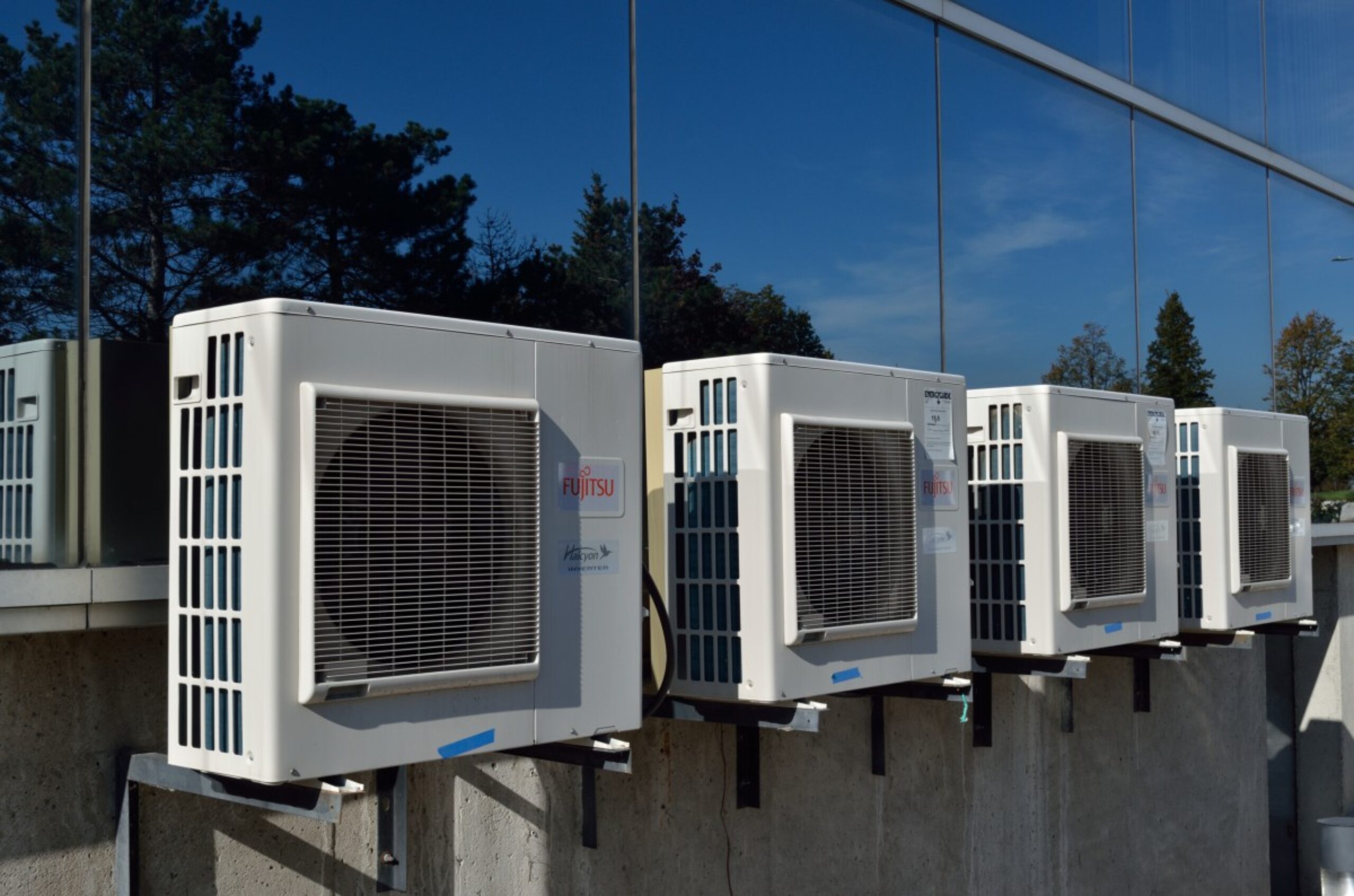
Dear Chancellor,
As twenty three groups and academics from the fuel poverty, housing, environment and employment sectors we are jointly writing to urge you to speed up the government’s investment in housing insulation and heat pumps because it makes economic sense at a time of high inflation and low productivity growth.
Increasing the rate of insulation and heat pump installations helps solve six interlinked challenges:
- Currently almost a quarter of the UK’s population – around 7 million homes – are experiencing preventable fuel poverty. Better insulation and heat pumps reduce energy bills and should be deployed to reduce fuel poverty.
- High gas prices have been a significant driver of inflation. Reducing reliance on gas helps drive down inflation in the short term and protects against future inflationary pressures improving the immediate prospects and ongoing resilience of the economy.
- Insulation and heat pumps reduce our reliance on the international gas market and the price volatility of those markets. As the Environmental Audit Committee said in its recent report, self-reliance in energy and heating improves our national security. With 50% of UK gas consumption coming from imports, reduced gas consumption will have a positive impact on the UK trade deficit.
- Ending the use of gas for heating is essential to the reduction of CO2 emissions. This is critical for tackling climate change, the UK government’s legal duty to deliver net zero, and for the UK’s role as a leader on emissions reductions and reaching net zero. The Climate Change Committee has identified energy efficiency in homes as one of two critical areas where progress is weakest.
- Warmer homes, reduced poverty and reduced particulate emissions all have positive impacts on the population’s health thus reducing financial and clinical pressures on the NHS. The Institute of Health Equity estimates that the NHS spends at least £2.5 billion each year treating illnesses derived from people’s living conditions, a high proportion of which are directly linked to living in cold and damp homes, tragically highlighted by the death of 2 year old Awaab Ishak in Rochdale.
- Insulation helps tackle the very high levels of government spending required to subsidise business and household energy costs.
We ask that the government commits in the Spring Statement to spend £5.3 billion on home insulation and £3.37 billion on support for heat pumps over this parliament to deliver on these issues. The industry also needs ongoing certainty to enable the training of workers and building of supply chains. To that end the government should commit to spend at least £6 billion a year for the next decade, seeking to leverage substantial investment from the private sector. As the Skidmore review points out these investments should target poorer households first, in some cases with fully funded grants. This makes sense both in terms of health outcomes and economic benefits with poorer households more likely to spend money saved directly. As net zero requires many low income households transitioning to heat pumps this will require targeted subsidy to make this possible and equitable.
The economic case for increased spending on insulation and support for the shift from gas to electric heating is clear. Well targeted spending on infrastructure development makes the economy more efficient and drives growth. The recent Cambridge Econometrics report on decarbonising household heating showed that “the adoption of low-carbon heating technologies, energy efficiency measures and the shift towards low carbon fuels can lead to positive impacts on the economy with a £6.8 billion increase in GDP by 2030.”
Not only does this investment support construction jobs and businesses, money saved on fuel bills is spent broadly across the economy, supporting jobs and businesses in other sectors. At the same time over reliance on gas with high and volatile prices has pushed up inflation. Ending our reliance on gas reduces inflationary risk.
The government spent around £60 billion pounds rightly supporting people with bills through the energy price cap. Increasing efficiency and switching from gas to renewable electricity for heating reduces our future exposure to this kind of spending. In other words, sometimes you have to spend to reduce spending.
Leading companies in energy and construction are clear: with the right strategy, support and scrutiny combined with an effort to empower local councils, regions and devolved administrations, support for heat pump installation and retrofit insulation is deliverable, will grow the economy, and will create tens of thousands of jobs across the country. We urge you to commit the necessary upfront finance in the 2023 Spring Statement.
Yours Sincerely
Areeba Hamid, Co-Executive Director, Greenpeace UK
Caroline Abrahams, Director, Age UK
Tessa Khan, Executive Director, Uplift
Matt Copeland, Head of Policy and Public Affairs, NEA
Chris Venables, Head of Politics, Green Alliance
Asad Rehman, Executive Director, War on Want
Linda Clarke, Professor, University of Westminster
Max Wakefield, Co-Director, Possible
Rachael Williamson, Head of Policy and External Affairs, Chartered Institute of Housing
Alice Harrison, Strategy Lead, Global Witness
Karen Barrass, Founder, Climate Insights
David Cowdrey, Director of External Affairs, MCS Foundation
Nick Dearden, Director, Global Justice Now
Mike Childs, Head of Science, Friends of the Earth
Gracie Bradley, Director, Friends of the Earth Scotland
Brian Robson, Executive Director, Northern Housing Consortium
Edward Thompson, Director, ICAX Ltd
Daniel Large, Director, Solaris Energy
Revd Dr Darrell Hannah, Chair, Operation Noah
Tahir Latif, Secretary, Greener Jobs Alliance
Diana Hysenaj, Communities Coordinator, Fair Energy Campaign
Kyle Lischak, Head of UK, ClientEarth
Deborah Tomkins, Co Chair, Green Christian